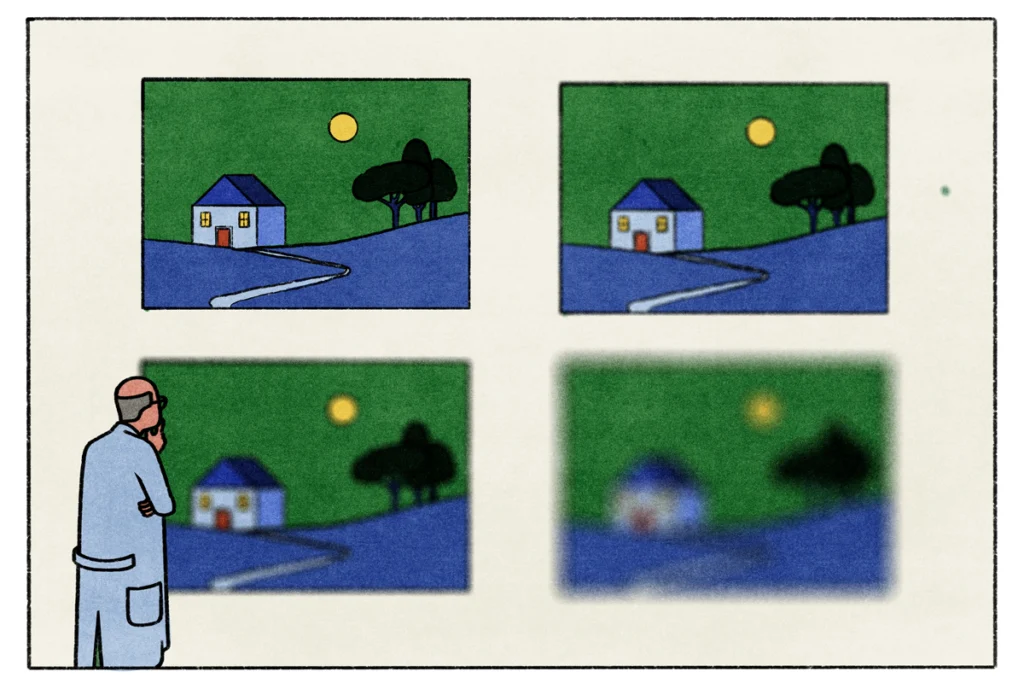Tomás Ryan is professor of neuroscience in the School of Biochemistry and Immunology and a principal investigator at the Trinity College Institute of Neuroscience at Trinity College Dublin in Ireland. He holds a joint faculty position at the Florey Institute of Neuroscience of Neuroscience and Mental Health at the University of Melbourne in Australia. His research group aims to understand how memory engrams change over development and how they interact with innate representations. His primary research is supported by the European Research Council, Science Foundation Ireland, the Jacobs Foundation and the Lister Institute of Preventive Medicine, among other sources. Ryan is a CIFAR Azrieli Global Scholar in the Canadian Institute for Advanced Research. With Francis Fallon, he co-founded and co-directs the project Representation: Past, Present, and Future, supported by the Wellcome Trust Institutional Strategic Support Fund as part of Trinity College Dublin’s Neurohumanities program.

Tomás J. Ryan
Professor of neuroscience
Trinity College Dublin
From this contributor
What are we talking about? Clarifying the fuzzy concept of representation in neuroscience and beyond
To foster discourse, scientists need to account for all the different ways they use the term “representation.”
Explore more from The Transmitter
Astrocytes orchestrate oxytocin’s social effects in mice
The cells amplify oxytocin—and may be responsible for sex differences in social behavior, two preprints find.

Astrocytes orchestrate oxytocin’s social effects in mice
The cells amplify oxytocin—and may be responsible for sex differences in social behavior, two preprints find.
Neuro’s ark: Spying on the secret sensory world of ticks
Carola Städele, a self-proclaimed “tick magnet,” studies the arachnids’ sensory neurobiology—in other words, how these tiny parasites zero in on their next meal.

Neuro’s ark: Spying on the secret sensory world of ticks
Carola Städele, a self-proclaimed “tick magnet,” studies the arachnids’ sensory neurobiology—in other words, how these tiny parasites zero in on their next meal.
Autism in old age, and more
Here is a roundup of autism-related news and research spotted around the web for the week of 2 March.

Autism in old age, and more
Here is a roundup of autism-related news and research spotted around the web for the week of 2 March.
